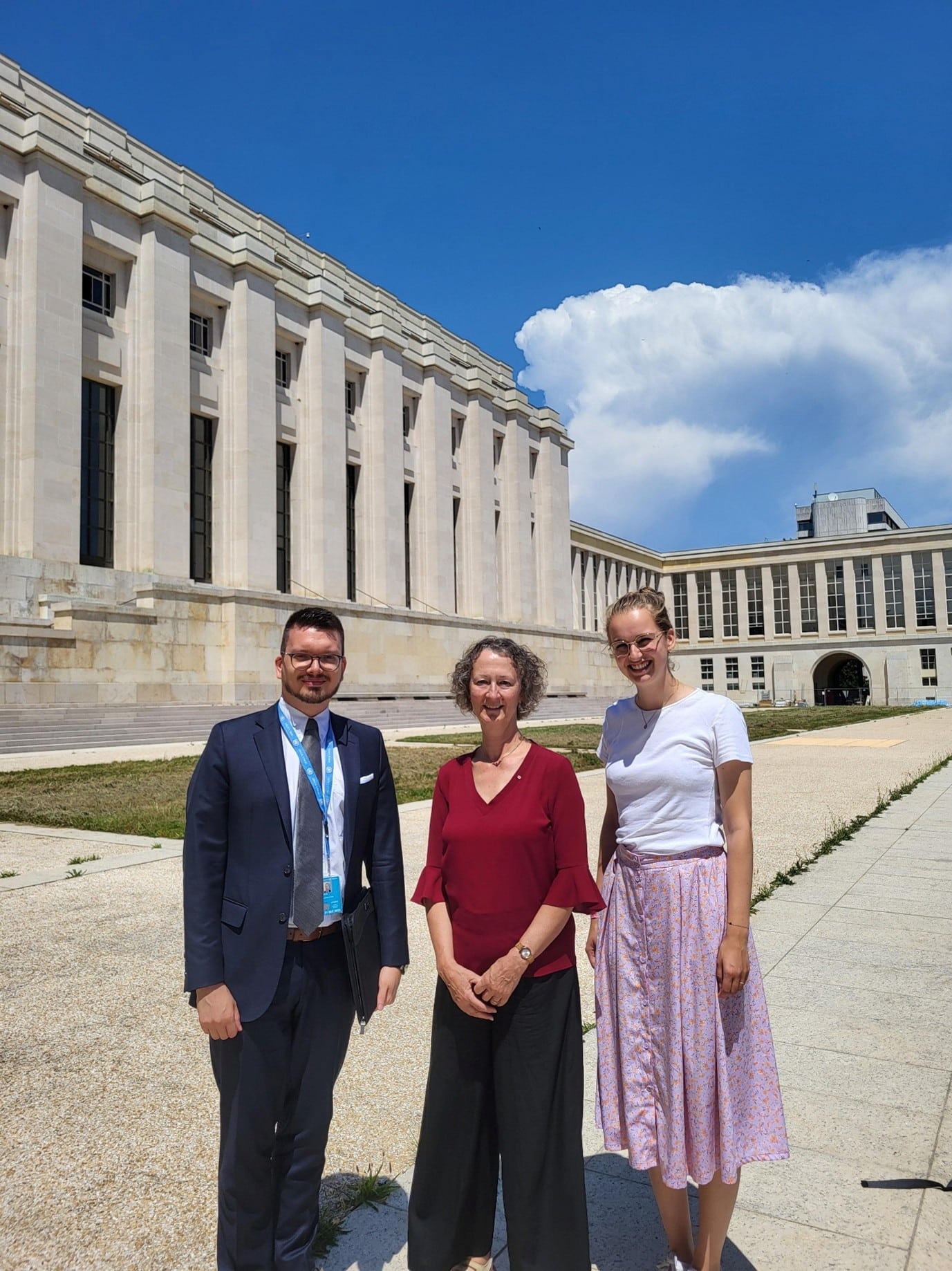Faith-based organizations are on the frontlines in responding to the unprecedented crisis in the Sahel. In tandem with the Global Compact on Refugees, we are calling for the development of a joint strategic intervention to engage religious leaders in the integration of peace and social cohesion measures into all areas of humanitarian and development interventions.
On December 9, at 11:00 am EST / 5:00 pm CET, we will be co-hosting a virtual event The Role of Faith Communities and their Leaders in Promoting Peace and Social Cohesion in the Sahel Region.
Organisers: Caritas Internationalis, World Evangelical Alliance, Open Doors
Link to register for the event: https://bit.ly/PeaceFaithSahel
The Sahel region is the epicentre of numerous ongoing humanitarian, socioeconomic, ecological, and geopolitical crises. Increased violence, including inter- and intracommunity conflicts attacks by non-state armed groups, acts of banditry, weak presence and response of public institutions, shrinking natural resources and environmental degradation have all contributed to the displacement of millions of people within States and across borders.
Local church communities and institutions, as well as faith-based organisations engaging in the region, like the Burkina Faso Federation of Evangelical Churches and Missions (FEME) and national member organizations of the Caritas Confederation have been on the frontlines in responding to these ongoing humanitarian challenges. They are now calling for the development of a joint strategic intervention to integrate peace and social cohesion measures into all areas of humanitarian and development work, projects, and programs.
According to the 2016 Afrobarometer survey, West Africans trust their religious leaders more than any other form of authority, with 72% of respondents indicating their trust in these institutions. A key finding of 2019 conflict assessment of the Liptako-Gourma Zone shows that traditional chiefs and local religious leaders are strong supporters of conflict prevention and non-violent management/resolution, peacebuilding and reconciliation, and social cohesion. They uniformly oppose violent extremism and denounce bad governance while actively promoting local conflict management mechanisms.
The Sahel region is predominantly made up of Muslim-majority countries, although there is a strong interfaith community which affords the Churches with a high level of trust and acceptance throughout the region. Faith groups’ deep ties with the community make them uniquely equipped to provide humanitarian and development aid to the hardest-to-reach people in need and implement long term strategies and programmes for peace and social cohesion.
For instance, Caritas Internationalis Sahel Working Group adopted a joint strategy for peace and social cohesion in April 2021.
This event aims to:
1. Demonstrate the unique and critical role local faith groups and faith leaders can play in preventing forced displacement by building peace and social cohesion in the Sahel region.
2. Mobilize commitments to integrate peace and social cohesion measures into all areas of humanitarian and development work, projects, and programs by engaging religious leaders.Organizers will engage with participants to encourage commitments to action to objective #2. Organizers hope to receive 5 commitments from Member States and other stakeholders, and to build a network of organizations dedicated to the intentional engagement with religious leaders in the Sahel region in the lead-up to the next Global Refugee Forum in 2023.





Stay Connected